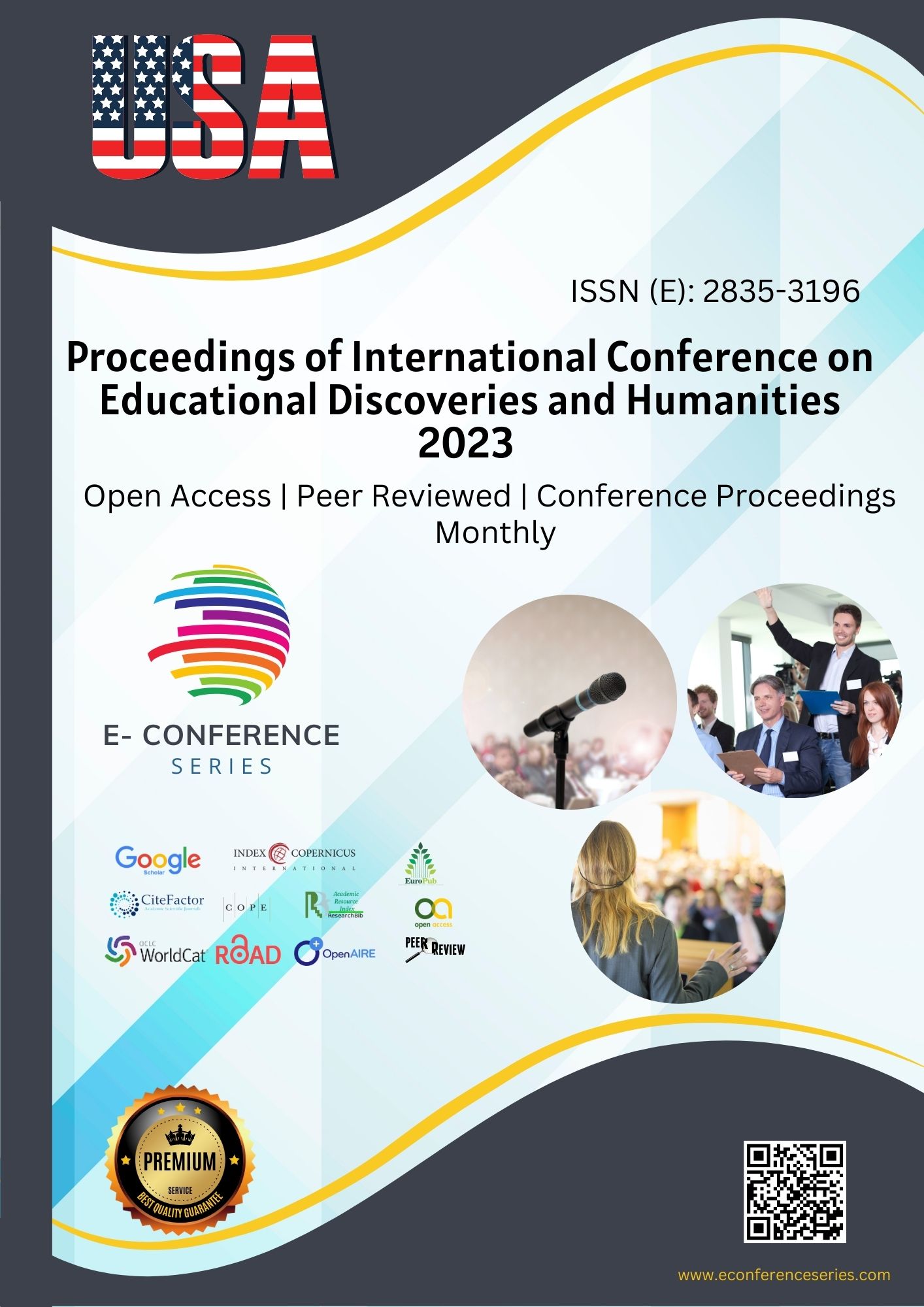MECHANISMS FOR USING INTERNET ABBREVIATIONS IN MODERN ENGLISH AND UZBEK
Keywords:
Internet abbreviations, modern English, modern Uzbek, digital communication, language evolution, linguistic adaptation, social media, texting language.Abstract
This article explores the mechanisms through which internet abbreviations are integrated into modern English and Uzbek. The study examines their origins, usage contexts, and the influence of digital communication on language evolution. By comparing both languages, the article aims to highlight similarities and differences in the adaptation processes and their impact on everyday communication.
References
Crystal, D. (2006). "Language and the Internet." Cambridge University Press.
Thurlow, C. (2003). "Generation Txt? The Sociolinguistics of Young People's Text-Messaging." Discourse Analysis Online.
Rakhimov, A. (2018). "The Impact of Digital Communication on Uzbek Language." Journal of Uzbek Linguistics.
Karimova, S. (2020). "Linguistic Adaptation in the Digital Age: The Case of Uzbek." Central Asian Journal of Language Studies.
Downloads
Published
Issue
Section
License

This work is licensed under a Creative Commons Attribution-NonCommercial 4.0 International License.








